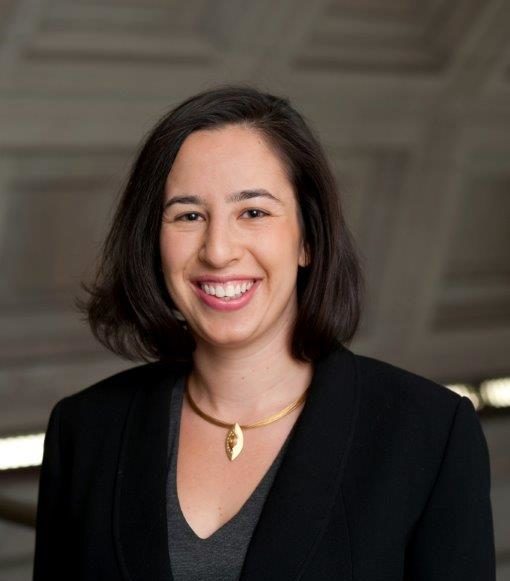This is God’s message for the people before they are to experience the awesome Presence at the mountain: “Lekh el-ha’am v’kidashtam hayom umakhar…” Go to the people and sanctify them. The exact meaning and practice of this sanctification is not explained. Some commentators, such as Rashbam and Ibn Ezra, see it as purification and read some later details about washing and refraining from sexual contact back into this text, but others, such as Rashi, leave kidashtam simply as “prepare them.” Rashi indeed argues that this is preparation for a holy event that does not require ritual purity, but purity or preparation of some other kind.
The people, who moments before rushed to answer in unison, “Kol asher diber… naaseh!“—“All that God has said, we will do!”—were now being told to take time to prepare for their next contact with the Divine.
When I recently re-read Dr. Martin Luther King Jr.’s “Letter from a Birmingham Jail,” I was struck by a similarity to this pre-revelation moment when he outlines his steps for nonviolent campaigns. The steps are: “collection of the facts to determine whether injustices exist; negotiation; self purification; and direct action.” Three of these steps seem nearly self-evident. First, we observe or research a problem, next we see if there is an easy, politic solution through the normal channels. We know that, failing that, we will move on to some sort of activism and perhaps civil disobedience. But Dr. King adds a step before this: self-purification.
For King, this self-purification came in the form of workshops that helped demonstrators learn more about nonviolent protest and guided them to introspection, each asking himself or herself just how much abuse and punishment they would be able to tolerate when they put their bodies on the line.
Many in the Jewish community have experienced the recent increase in threats to democracy and justice in our country as a wake up call and a revelation. “Na’aseh!” we have cried, as we rush to be allies with brothers and sisters in all walks of American life. After all, we have seen this before.
Now we must prepare for revelation, for the Words that we will hasten to respond to. We must do this individually, by treating ourselves well in body, heart, and mind, so that we don’t burn out. We must spend time meditating on what we as individuals have to offer, what we have to lose, and what we have to gain. We must do this collectively by taking care of each other, by helping to educate each other, and by working together to access the holy work of demanding justice.
The preparation is not, I think, the exact strategies for change or even the substance of the plans you make. When I was going to the Women’s March in Washington, I agonized about which group to march with. I landed on a plan to meet a friend at a pre-rally action, only to find myself lost in a strange city on Shabbat, knowing I was near familiar faces but unable to find them. However, the process of planning where I would be, and who I would be with, had given me the preparation to understand why I was showing up. Why it was important that I be there. This made it easier to accomplish my goals—to show up as a committed Jew standing up for justice, to stand together with other Jewish women, and to sing and chant loud enough and long enough to lose my voice. Following glimpses of T’ruah, HIAS, and NCJW signs through the crowd, I ultimately found my chevre—not people I had planned to meet with, but old and new friends nonetheless—and sang Hinei Mah Tov with more heart than ever before. This may be a far cry from the hardships that Dr. King and his fellows withstood, but this self-purification will help us when things are harder. We will be ready.
There are times when we don’t have the luxury of this step of preparation and self-purification. There is a time to run, with our matzah on our backs, into the wilderness to save ourselves. But the more enthusiastically we answer a call to stand with “Na’aseh,” the more we should take all the time we can to prepare, for the road is long, the mitzvot will be arduous—but if we’re ready, the Voice will be loud and clear.
Mia Simring is a Conservative rabbi living and working in New York City.

